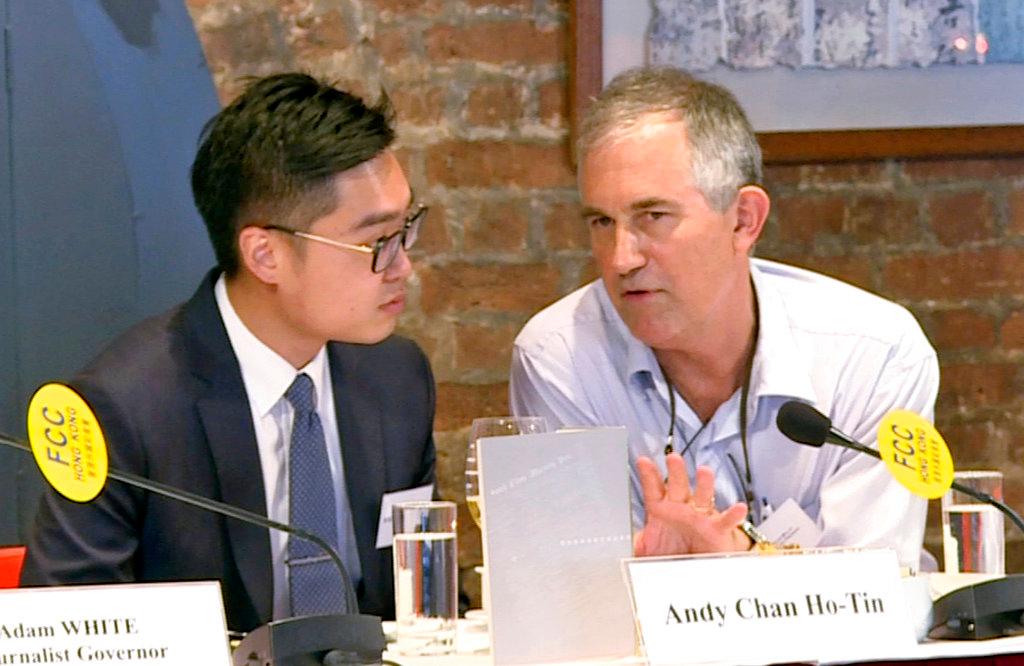LONDON—British Foreign Secretary Jeremy Hunt said on Oct. 9 that in the absence of any explanation by Hong Kong for its refusal to grant a visa to a senior UK journalist he could only conclude it was politically motivated.
Chinese-ruled Hong Kong last week rejected an application to renew the work visa of Victor Mallet, the Asian news editor of the Financial Times who also serves as the vice-president of the city’s Foreign Correspondents’ Club (FCC).





